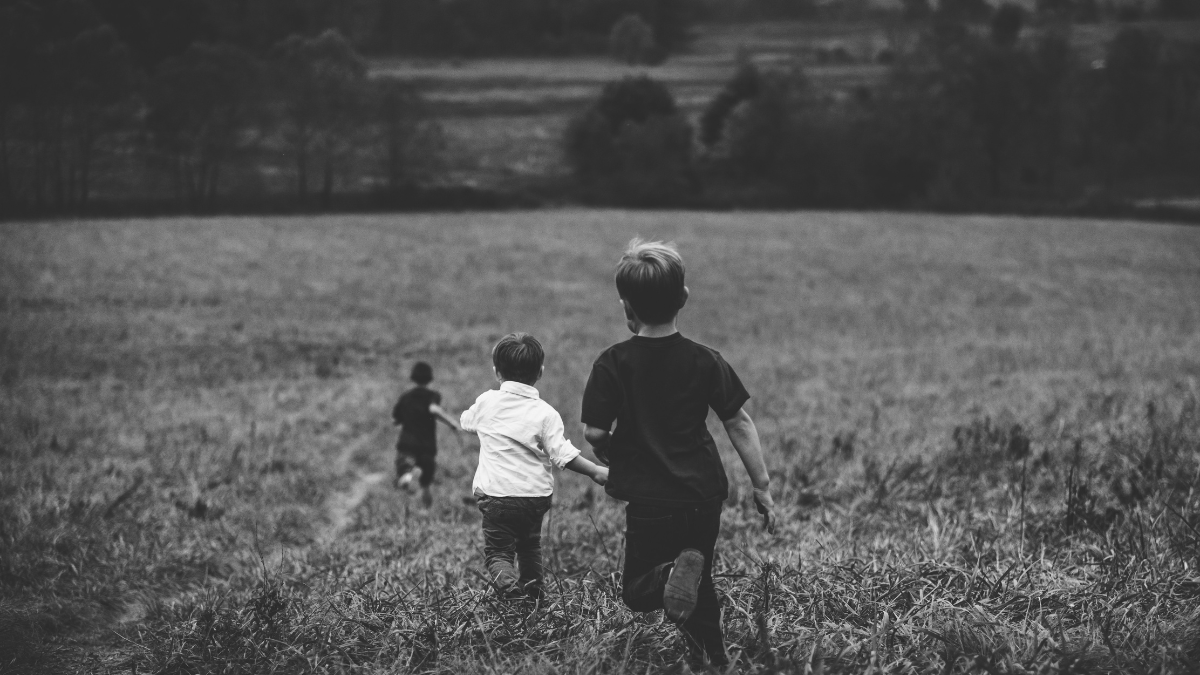

BreakPoint
Witches and Wizards
If you have a youngster between the ages of seven and 13, chances are a boy named Harry Potter has moved in with you. So have wizards and witches and dragons. Kids can't seem to get enough of the Harry Potter books, all three of which are currently riding the New York Times bestseller list. But some Christian parents are wondering if Harry and his friends are suitable playmates for their kids. Book one, Harry Potter and the Sorcerer's Stone, has the orphaned Harry living with cruel relatives in an English suburb. On his eleventh birthday, Harry discovers that he is a wizard, endowed with magical powers. Harry is promptly dispatched to the Hogwarts School of Witchcraft and Wizardry, where he takes classes in magic, befriends other young witches and wizards, and learns the fine points of flying on a broomstick. In the just-published third book in the trilogy, Harry discovers that a wizard named Sirius Black has escaped from the Azkaban prison and is apparently trying to kill him. The books are enormously inventive, and include the kind of humor that makes many parents want to borrow the books from their kids. But if you're the parent of a Harry Potter fan, you may be concerned about the elements of witchcraft in these books. It may relieve you to know that the magic in these books is purely mechanical, as opposed to occultic. That is, Harry and his friends cast spells, read crystal balls, and turn themselves into animals—but they don't make contact with a supernatural world. Other parents are concerned with the dark themes and violence in the books. After all, Harry's parents are murdered in book one, and throughout the books, Harry is pursued by followers of a murderous wizard named Voldemort. But as the author, J. K. Rowling, points out, "the theme running through all of these books is the fight between good and evil." The plots reinforce the theme that evil is real, and must be courageously opposed. As this theme unfolds, so do the characters of Harry and his friends. They develop courage, loyalty, and a willingness to sacrifice for one another—even at the risk of their lives. Not bad lessons in a self-centered world. Some Christians may try to keep their kids from reading these books, but with eight million copies of the Harry Potter books floating around American homes, it's almost inevitable that your own children or grandchildren will be exposed to them. If they do read these books, help them to see the deeper messages. Contrast the mechanical magic in the Potter books to the kind of real life witchcraft the Bible condemns—the kind that encourages involvement with supernatural evil. Help them, as well, to see how the author presents evil as evil, and good as good. If your kids do develop a taste for Harry Potter and his wizard friends, this interest might just open them up to an appreciation for other fantasy books with a distinctly Christian worldview. When your kids finish reading Harry Potter, give them C. S. Lewis's Narnia books and J. R. R. Tolkien's Lord of the Rings trilogy. These books also feature wizards and witches and magical potions—but in addition, they inspire the imagination within a Christian framework—and prepare the hearts of readers for the real-life story of Christ.
11/2/99















